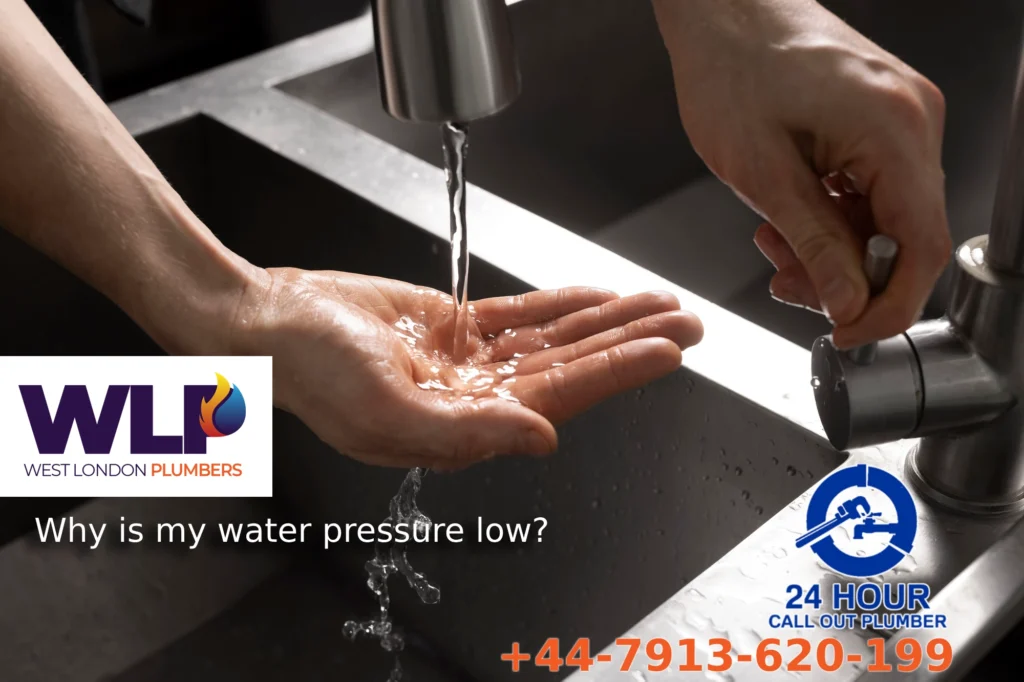Expert Advice to Fix My Low Water Pressure
Have you ever turned on your shower only to find a disappointing trickle instead of a powerful spray? Or struggled to fill a bucket from the kitchen tap because water is just dribbling out? If you’re searching “fix my low water pressure,” you’re not alone. Low water pressure is a common problem faced by many households, and understanding its causes is the first step to fixing it effectively.
🚰 Common Causes of Low Water Pressure
1. Clogged Pipes
Over time, mineral deposits, rust, or debris can build up in your pipes, restricting water flow. This is especially common in homes with old galvanised pipes. If only one tap or shower has low pressure, it might be a localised clog. If it’s throughout the house, your entire plumbing system could be affected.
2. Partially Closed Valves
Sometimes, the main shut-off valve or the stopcock near your meter may not be fully open. Check these valves to ensure they are turned on completely, allowing maximum water flow into your home.
3. Faulty Pressure Regulator
Homes fitted with a pressure regulator can experience issues if this device malfunctions. A failing regulator can cause water pressure to drop suddenly or fluctuate throughout the day.
4. Leaking Pipes
A hidden leak can drastically reduce water pressure. Check for damp patches on walls, ceilings, or floors, and listen for hissing sounds from hidden pipes. Fixing leaks quickly not only restores pressure but also prevents water damage.
5. Issues with the Water Supplier
Sometimes the problem lies outside your home. Water companies may carry out maintenance or repair work that temporarily reduces pressure in your area. Contact your supplier to check if there are ongoing works.
6. Shared Supply Lines
In older neighbourhoods, several houses may share a common water supply pipe. During peak hours, this can lead to significantly reduced pressure in all connected homes.
🔧 How to Fix My Low Water Pressure?
Check All Valves: Ensure your main stopcock and internal valves are fully open.
Clean Taps and Showerheads: Sometimes sediment clogs the fixtures rather than the pipes themselves.
Inspect for Leaks: Repairing leaks can restore lost pressure and prevent future damage.
Replace Old Pipes: If your pipes are corroded or too narrow for modern household needs, consider upgrading them.
Install a Pressure Booster Pump: If your mains pressure is consistently low, a booster pump can improve flow throughout your home.
💡 When to Call a Professional
If you’ve checked all the basics and your water pressure remains low, it’s time to call an expert plumber from West London Plumbers. Professionals can use specialised tools to detect hidden leaks, measure pressure accurately, and recommend solutions tailored to your home’s plumbing system.


